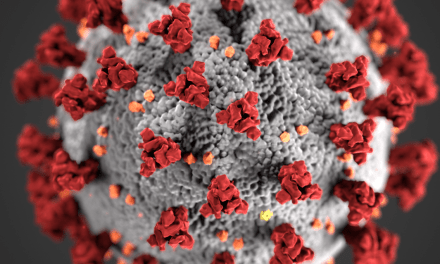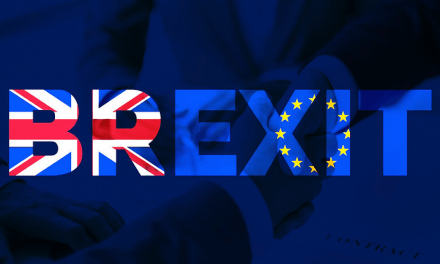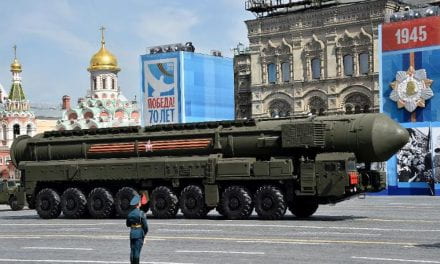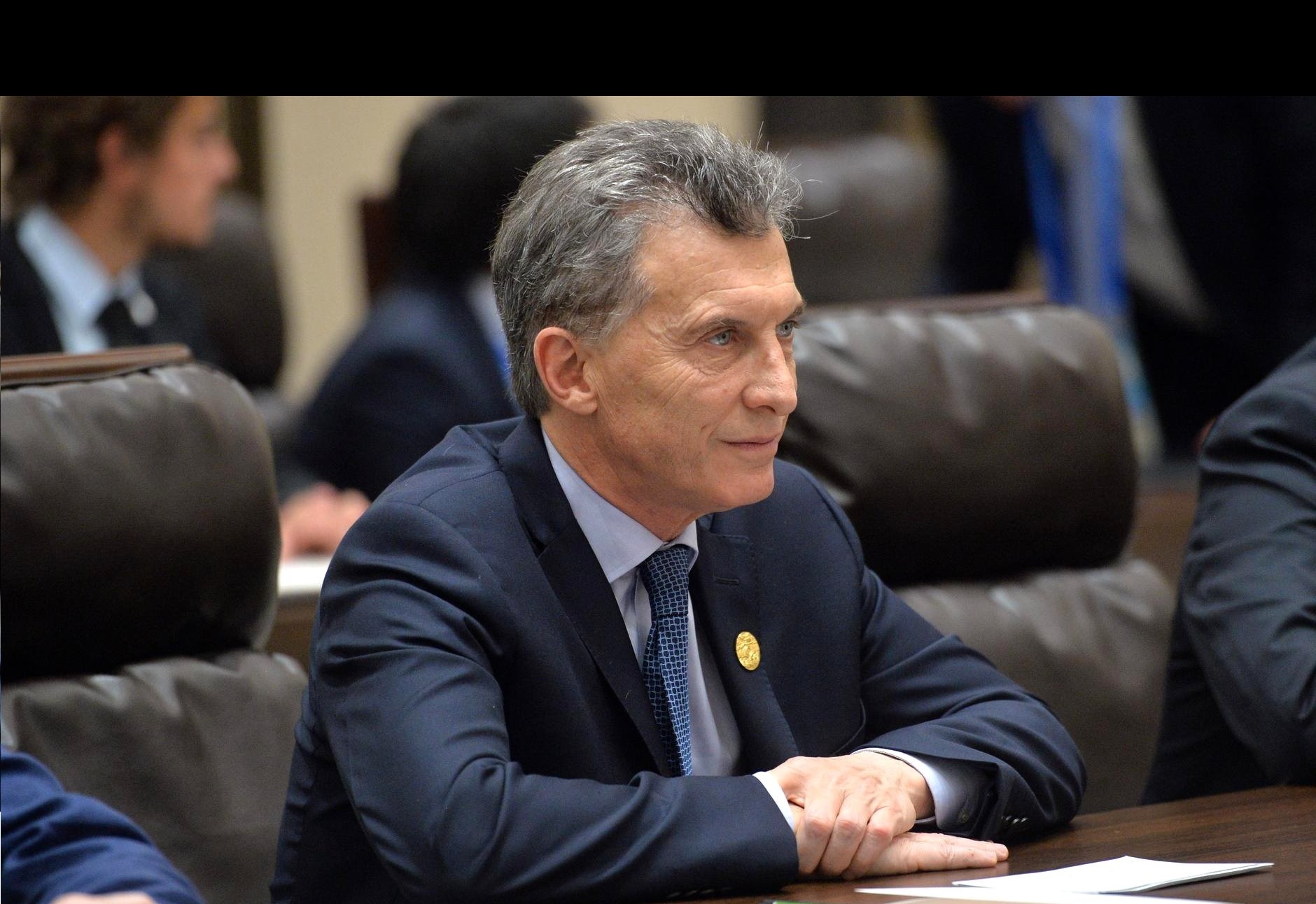Chile has a history of being one of the most stable and economically prosperous countries in South America. As a result of this reputation, the protests that have been taking place in the country seem to have come out of left field. Chile is a place where the cries and needs of the people have been ignored since the 1970 overthrow of its democratically elected leader. [1] This action fostered an environment of economic inequality and a growing view of mistrust in the leadership and government by the Chilean people.The protests taking place in Chile are a result of neoliberal economic policies implemented without the consent of the people and have led to massive inequality that the people of Chile are no longer willing to tolerate. The economic environment that has been established since the coup has been one of large macroeconomic growth, but it has left the average citizen behind. The Chilean people not having a voice in the system has fostered an environment of mistrust in the government. This mistrust has led to the mass protests taking place after decades of a growing inequality gap.
In the early 1970’s the world was structured as a bipolar system due to the ongoing Cold War between the United States and the Soviet Union. [1] As a result of this tension, the United States took a hard stance against socialist governments coming to power across the globe. Chile is in what the United States considers to be its hemisphere, and in 1970 elected a socialist leader to power, Salvador Allende. Allende proposed ideas to redistribute wealth in the country in order to benefit the poor. [2] In the eyes of the United States at this time, anything that was socialism was linked to communism and the Soviet Union, which was considered the root of all evil in the world. This belief led the United States to back a military led coup that led to Allende’s death. This coup left thousands dead and many more missing as a result of the military taking over the government and any people deemed socialist were killed. As a result, Chilean citizens were not able to have an input in their leaders and government policy for the next twenty years. [2]
The result of President Salvador Allende dying led to a military dictator having control over Chile, Augusto Pinochet. The regime that he established was repressive and violent to the people and the critics of the regime. The repressive nature of the regime also allowed for neo-liberal economic policies to foster. [3] Neoliberal economic reforms encourage lowering trade barriers, reducing government interference in the economy, and eliminating price regulations in order to foster the growth needed in order to stimulate new capitalist economies. [4] These ideas have been forced on many countries by the major international financial institutions. In Chile, neoliberal reforms were implanted by a group who were western educated and leaned towards this operating system as opposed to the socialist policies that were being introduced under the Allende government. [2] Due to the success of the Chilean economy, many people ignored the human rights violations of the military dictatorship and Chile was used as an example of what many Latin American countries should aspire to be. The example of stability is no longer there because of the protests that have been taking place in the country over the last month.
The neo-liberal practices that were implemented in Chile focused on macroeconomic growth. While its Gross Domestic Product (GDP) had in fact been growing since the 1980’s as a result of these policies, the benefits were not felt by many in Chile. [5] Chile is described as successful because of large data that is supposed to facilitate growth in an emerging market, so other countries can invest in the market. The large data being used did not include the inequality gap that has been growing in Chile. The failure of the economic policies to reach the average citizen has led to a feeling of distrust within the government. These policies also contributed to a lifestyle that was not beneficial to the average citizen. The access to wealth falling to trickle down to the working class people of Chile, has fostered an environment to where the Chilean people feel ignored. The failure of the middle and working class to obtain this affluence have led to protests in the country. The protests have stemmed from economic and public policies not representing the people in Chile.
Chile was used as case study for neoliberal economic policies by the west, that were supposed to jumpstart their economy. It was also a shining example of stability in South America. These protests have been as a result of policies implemented by the government without the voice of the Chilean people. The government ignoring the people has led to a powder keg in the country where the everyday citizen can no longer afford and keep up with the cost of living. In 2018, Chile had the largest inequality gap among Organization for Cooperation and Development members, with it being sixty five percent higher than other members. [6] This statistic alone showcases the need for new economic policies to be implemented by the government in order to help bridge the gap and burden placed on the middle and working classes. The government of Chile has continued to ignore the cries of their people, which has now led to a spark of violent protest. The shining example of stability and economic prosperity that Chile was made to be has been destroyed by the refusal of the government to listen to the people.
The trigger of the current protests an increase in a tax to ride public transportation. [7] Although this tax was the immediate trigger of the protest the underlying, reason for the large number of citizens participating is the cost of living increasing for the average citizen in Chile. The increase in the cost of living over time makes it harder to afford everyday necessities for average citizens in Chile. When the cost of living goes up it makes harder for the average citizen to survive on the money they earn from their jobs. This adds a strain and fear because it makes it more difficult for them to afford the necessities. The taxes that would be applied on public transportation made it even more expensive leading to the spark of people finally being fed up by an economic system that did not benefit them.
The protests that started off peacefully have since turned violent, with security forces cracking down. At the beginning of the protest, the government and President came out in favor of the protesters, and as a result the tax that was being placed on the citizens was lowered. [8] After the success of the first protests, however, more people began coming out against the extreme economic inequality that now exists in the country. The increase in the number of people participating led Chile’s leaders to adopt a different stance, with the President cracking down in what he referred to as a “ war with a powerful and uncompromising enemy.” [9] This attitude shows the government is not willing to make the changes that would ease the economic strains endured by the average Chilean. The crackdown of the special security forces on the people have led to massive human rights violations, including death, injuries, and even allegations of sexual violence. [9] The massive human rights violations that are being committed are a direct result of the government refusing to change the economic policies that help the elite, but fail to help or foster the growth of the middle and lower class. The trend that we are seeing in Chile are the after effects of the people not being able to pick or have a say in their own economic system. Many of the people protesting in the streets face job insecurity and not being able to afford health insurance and retirement. [8] The people of Chile are fighting for a system that will represent their needs. The current system needs to be one that is reflective of the needs of both the middle class and lower classes. The system that exists currently in the political and economic systems allows for inequality that benefits the rich and not the majority of citizens.
As the most powerful country within the Western hemisphere, the United States has continuously inserted itself into the domestic affairs of other countries that exist within it. In the case of Chile, the United States overthrew the democratically elected leader out of fear of communism being practiced in their hemisphere. [1] The people of Chile saw hope in the policies and platforms that Allende ran on. The coup ousting him from power not only led to the death of innocent people but over a long time frame, to the death and voice of the people of Chile. Through the protests that have taken hold of Chile today the people of Chile are showing that they will no longer be ignored by the government and that they want change.
Chile should be an example to the world about what can happen when foreign powers intervene in the domestic politics of other nations. The United States turned their back on one of their principle values of the voice of the people being what the government represents. The participation of the United States in the coup has left the average Chilean citizens with no voice or power in their country. The current approach of the United State is to minimize its involvement in the politics of Latin America states. [10] This represents a change from its history of intervening in the domestic affairs of countless Latin American countries. The United States does not need to intervene directly in Chile today, but it should show its support for the people of Chile who are fighting to have a government that represents them by speaking out in support of the protesters who want a just government. The people of Chile finally have a chance to take back the government that was stolen from them for so many years. These protests represent the drive and resilience of nation where the people are no longer willing to be silenced.
- Harmer, Tanya. “Fractious Allies: Chile, the United States, and the Cold War, 1973–76.” Diplomatic History 37, no. 1 (2013): 109-143.
- Goldberg, Peter A. “The politics of the Allende overthrown in Chile.” Political Science Quarterly 90, no. 1 (1975): 93-116.
- O’Brien, Phillip, and Jacqueline Roddick. “Chile: The Pinochet Decade.” In Chile: The Pinochet Decade: The Rise and Fall of the Chicago Boys, pp. 1-120. Latin America Bureau, 1983.
- Durán-Palma, Fernando, Adrian Wilkinson, and Marek Korczynski. “Labour reform in a neo-liberal ‘protected democracy’: Chile 1990–2001.” The International Journal of Human Resource Management 16, no. 1 (2005): 65-89.
- Posner, Paul. “Chile’s Crisis: A Legacy of Pinochet.” U.S. News & World Report. U.S. News & World Report, November 18, 2019. https://www.usnews.com/news/best-countries/articles/2019-11-18/chiles-political-crisis-is-another-brutal-legacy-of-long-dead-dictator-pinochet.
- Merelli, Annalisa. “Chile Is a Rich Country and That Is Why Its People Are so Angry.” Quartz. Quartz, November 27, 2019. https://qz.com/1754400/protests-in-chile-are-about-wealth-as-much-as-inequality/.
- Bremmer, Ian. “What Happens Next in the Chile Protests.” Time. Time, November 15, 2019. https://time.com/5730814/next-chile-protests/.
- Martinez, Marta Rodriguez. “From the Outside, Chile Looked like a Success – so What Went Wrong?” euronews, November 30, 2019. https://www.euronews.com/2019/11/30/from-the-outside-chile-looked-like-a-success-so-what-went-wrong.
- Bartlett, John. “Chile Security Forces’ Crackdown Leaves Toll of Death and Broken Bodies.” The Guardian. Guardian News and Media, November 25, 2019. https://www.theguardian.com/world/2019/nov/25/chile-protester-killed-mother-army-police-romario-veloz.
- Rangel, Carlos. The Latin Americans: their love-hate relationship with the United States. Routledge, 2017.







